Modern gambling establishments use a whole arsenal of tools to attract and retain customers. One of the key mechanisms is a reward system that is integrated into the operator’s marketing and operational structure. What is a loyalty program in a casino? It goes beyond simply awarding bonuses. Let’s explore it in more detail in this article.
What is a casino loyalty program and what is it used for?
The main goal of marketing is to ensure that players are attracted and returned, increasing their engagement and encouraging them to play for longer periods. In a highly competitive environment, simply offering slots and table games is not enough. Instead, a comprehensive set of motivational mechanisms must be implemented to foster long-term relationships between operators and users.
This system involves creating an individualized path for each registered account. The platform tracks user activity, including deposit amounts, betting frequency, session duration, and behavior in slots, poker, roulette, and blackjack. Based on this data, progress is made from the initial level to the highest level, where key privileges for VIP players are unlocked.
Levels, points, and scores: the architecture of the rewards platform
 When considering what a casino loyalty program is, it is important to highlight the fundamental element of the level structure. Players who join the program have the opportunity to accumulate points (or credits) for their bets in various gambling formats. These points are then used to determine the player’s level and can be converted into various forms of rewards, ranging from free spins to partial refunds of losses.
When considering what a casino loyalty program is, it is important to highlight the fundamental element of the level structure. Players who join the program have the opportunity to accumulate points (or credits) for their bets in various gambling formats. These points are then used to determine the player’s level and can be converted into various forms of rewards, ranging from free spins to partial refunds of losses.

The level system allows for a more personalized approach to customer engagement based on their level of activity. A higher level brings increased cashback, reduced withdrawal times, access to exclusive tournaments, and a personal manager. High rollers have individual conditions, including changes to limits and priority transaction processing.
The main elements of the loyalty system
A VIP program consists of several key components. Each of them solves specific tasks and affects certain groups of users. These elements can be grouped as follows:
- accrual of points for activity;
- status or level table;
- system of accumulations and transitions between levels;
- linking bonuses to the level;
- access to exclusive offers;
- privileges for high rollers;
- individual approach from managers;
- periodic promotions only for members.
Each component allows you to answer the question of what an online casino loyalty program is from a practical standpoint, demonstrating how the customer engagement and retention mechanism works.
The difference between a loyalty program and a VIP club
There is an important distinction between the two. Despite the overlap in goals, the differences between a VIP club and a loyalty program are clear. The former is focused on a limited number of the most active customers with large deposits. The latter encompasses all registered users, offering basic bonuses and rewards that gradually increase within a publicly accessible system.

VIP customers receive more significant incentives, including extended limits, personalized support, access to exclusive tournaments, and unique gifts. Loyalty members can expect standard cashback, free spins, or points without upgrading to an elite category. The question of what a loyalty program is in a casino is always related to the prospect of promotion, as the path to VIP status begins with it.
The benefits and advantages of participating in a loyalty program for players
Platforms build their motivational policy based on the predicted benefits. To understand what a casino loyalty program is, it is important to highlight the most tangible benefits that a player receives when joining such a system:
- the ability to recover some of your losses through cashback;
- access to additional bonuses without the need for regular deposits;
- accelerated withdrawal processes at higher levels;
- access to personalized service with a dedicated manager;
- participation in exclusive tournaments and the chance to win rare prizes.
Often, such services are enabled automatically after registration and verification. However, the maximum return is achieved only when the average level of activity is reached.
Types of rewards and motivational incentives
Motivational tools within the program differ in type, purpose, and duration. Some of them are short-term, such as weekly bonuses or temporary promotions. Others are long-term and are part of the VIP player benefits structure.
Before participating, players must familiarize themselves with the rules, including the terms of bonus accrual, activation methods, conversion limits, and deposit restrictions. The higher the level, the more flexible the conditions become, with reduced wagering requirements, no points limits, and more favorable exchange rates for real money.
The main reward formats
To consolidate the understanding of what a casino loyalty program is, it is worth systematizing the main types of rewards that are available on most platforms. Players have a range of options to spend their accumulated points or use their level:
- freespins on popular slot machines;
- increased cashback for lost bets;
- access to special tournaments;
- accelerated withdrawals with priority processing;
- participation in personalized promotions;
- the ability to exchange points for real money;
- no-deposit bonuses;
- birthday or level-based gifts;
- extended betting limits for high rollers;
- personal manager service.
Thus, each reward builds additional motivation, shaping the customer’s journey from an ordinary user to a loyal member or a VIP club member.
Conclusion
 Understanding what a casino loyalty program is gives you access to a structured reward mechanism built into the platform. This system builds long-term relationships between the operator and the player, where activity is converted into real benefits.
Understanding what a casino loyalty program is gives you access to a structured reward mechanism built into the platform. This system builds long-term relationships between the operator and the player, where activity is converted into real benefits.
Accumulated points, personal bonuses, and privileges can be activated either automatically or by contacting a personal dealer or using a special club card. In a market saturated with offers, reward systems become a differentiating factor, indicating the level of service focused on customer retention and satisfaction!




 Interaction is a key component of games. In each session, a participant can write messages to the dealer, receive responses, and track the actions of other players at the table.
Interaction is a key component of games. In each session, a participant can write messages to the dealer, receive responses, and track the actions of other players at the table.
 Today, live dealer games have become an integral part of modern gambling. Their realism, interactivity, and variety of formats make them appealing to both experienced players and newcomers.
Today, live dealer games have become an integral part of modern gambling. Their realism, interactivity, and variety of formats make them appealing to both experienced players and newcomers.



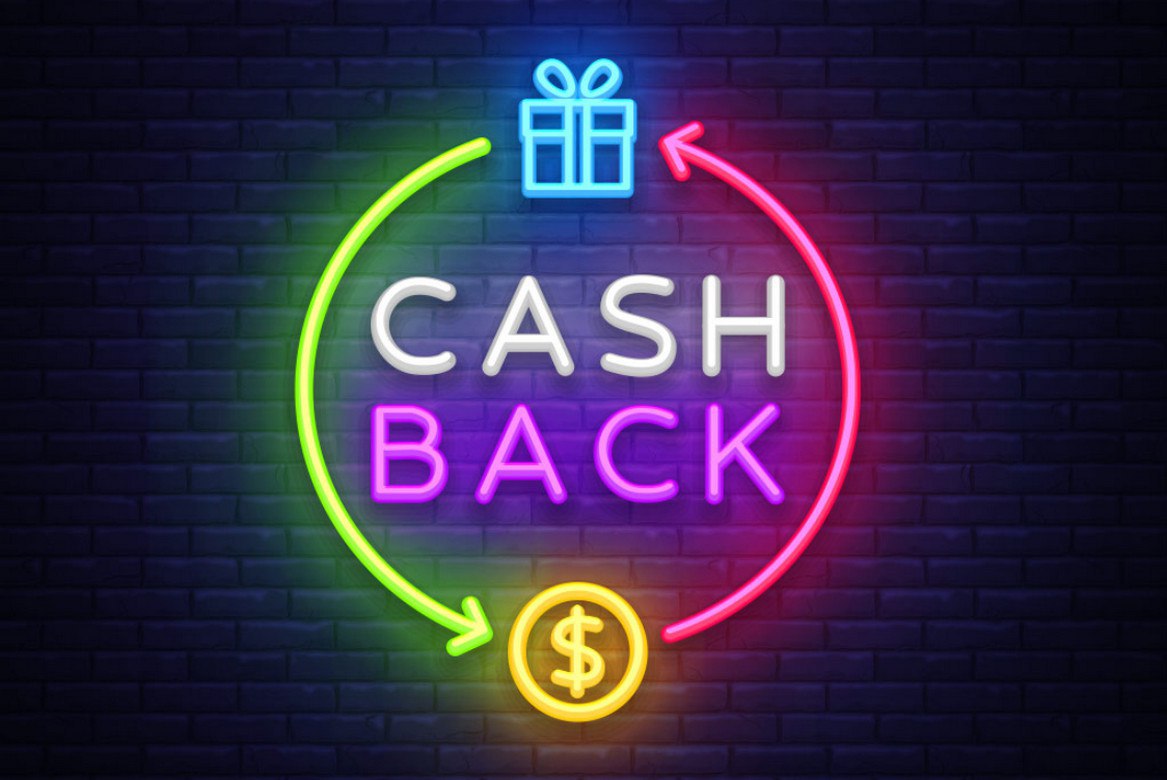



 Communication technologies are also undergoing changes. In online casinos, AI is actively used to create chatbots that can respond to requests 24/7, help with navigation, and even handle simple financial transactions. Intelligent assistants are shaping a new culture of interaction between users and platforms.
Communication technologies are also undergoing changes. In online casinos, AI is actively used to create chatbots that can respond to requests 24/7, help with navigation, and even handle simple financial transactions. Intelligent assistants are shaping a new culture of interaction between users and platforms. The integration of AI into online casinos is changing the way platforms operate, transforming interfaces, enhancing security, and increasing accountability in the industry. Machine learning, chatbots, predictive analytics, and automated marketing are shaping a new reality for gambling. Artificial intelligence is becoming a key factor in sustainability and development.
The integration of AI into online casinos is changing the way platforms operate, transforming interfaces, enhancing security, and increasing accountability in the industry. Machine learning, chatbots, predictive analytics, and automated marketing are shaping a new reality for gambling. Artificial intelligence is becoming a key factor in sustainability and development.
 Modern control systems use both automatic algorithms and manual moderation. Matching is based on the analysis of technical information and player behavior. Operators monitor IP addresses, devices, geolocation, and repetitive actions. Multi-accounting in online casinos rarely goes unnoticed.
Modern control systems use both automatic algorithms and manual moderation. Matching is based on the analysis of technical information and player behavior. Operators monitor IP addresses, devices, geolocation, and repetitive actions. Multi-accounting in online casinos rarely goes unnoticed.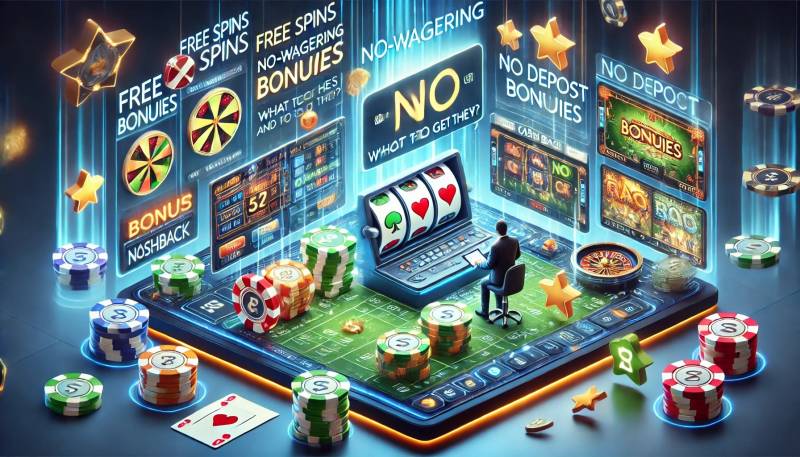 Multi-accounting in online casinos is a serious violation that is perceived by operators as a form of fraud. Its use is subject to sanctions, including bans, winnings being removed, and access to the platform being closed.
Multi-accounting in online casinos is a serious violation that is perceived by operators as a form of fraud. Its use is subject to sanctions, including bans, winnings being removed, and access to the platform being closed.
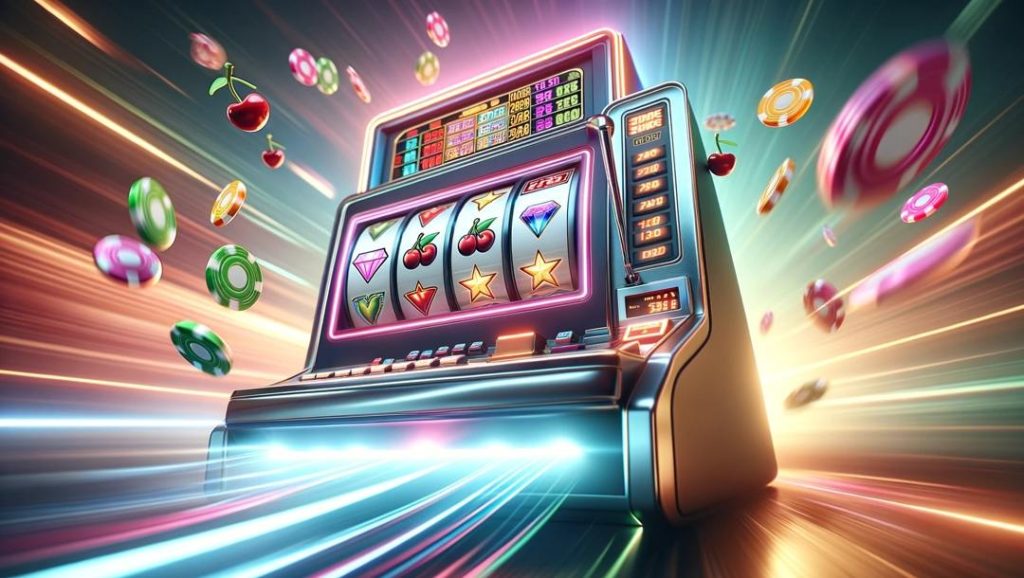 The random number generator is the core of any licensed slot machine. It uses a random combination of values to determine the outcome of each round. When you press the “start” button, the RNG generates a number that is programmatically associated with a specific combination of symbols or the result of an action, such as a card, roulette sector, or reel value.
The random number generator is the core of any licensed slot machine. It uses a random combination of values to determine the outcome of each round. When you press the “start” button, the RNG generates a number that is programmatically associated with a specific combination of symbols or the result of an action, such as a card, roulette sector, or reel value.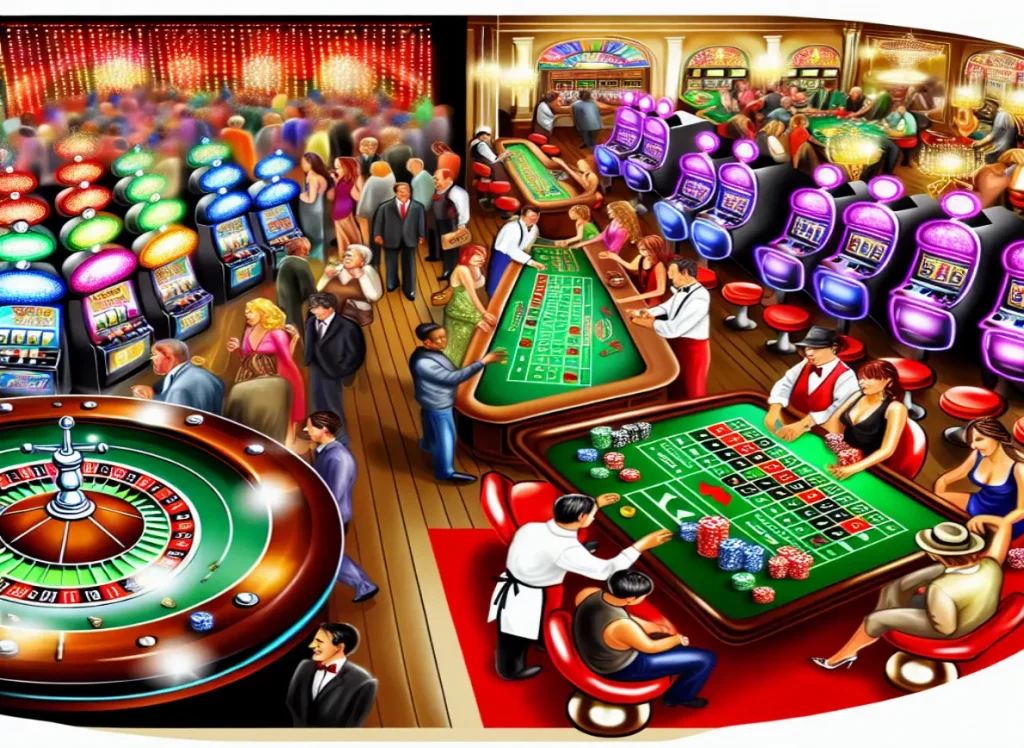 Proper understanding of the difference between RNG and RTP allows you to stop perceiving games as chaos or deception. One element is responsible for randomness, while the other is responsible for long-term probability. Together, they form a fair environment where the software core operates independently of the user, and the outcome is determined not by luck, but by the structure of the algorithm.
Proper understanding of the difference between RNG and RTP allows you to stop perceiving games as chaos or deception. One element is responsible for randomness, while the other is responsible for long-term probability. Together, they form a fair environment where the software core operates independently of the user, and the outcome is determined not by luck, but by the structure of the algorithm.
 Recommendations for choosing an online casino serve as a reliable filtering system that prevents you from getting into fraudulent sites. Detailed verification of the license, reviews, random number generator, bonus conditions, withdrawal limits, and support quality helps to minimize risks. Identifying signs of fraud begins with the first contact with the website.
Recommendations for choosing an online casino serve as a reliable filtering system that prevents you from getting into fraudulent sites. Detailed verification of the license, reviews, random number generator, bonus conditions, withdrawal limits, and support quality helps to minimize risks. Identifying signs of fraud begins with the first contact with the website. The rules for choosing an online casino form the basis for a safe and profitable game. Only a comprehensive review of the license, reviews, withdrawal conditions, bonus policy, and software quality allows you to choose a stable platform. Compliance with these requirements protects against fraud and ensures a comfortable and fair gaming experience.
The rules for choosing an online casino form the basis for a safe and profitable game. Only a comprehensive review of the license, reviews, withdrawal conditions, bonus policy, and software quality allows you to choose a stable platform. Compliance with these requirements protects against fraud and ensures a comfortable and fair gaming experience.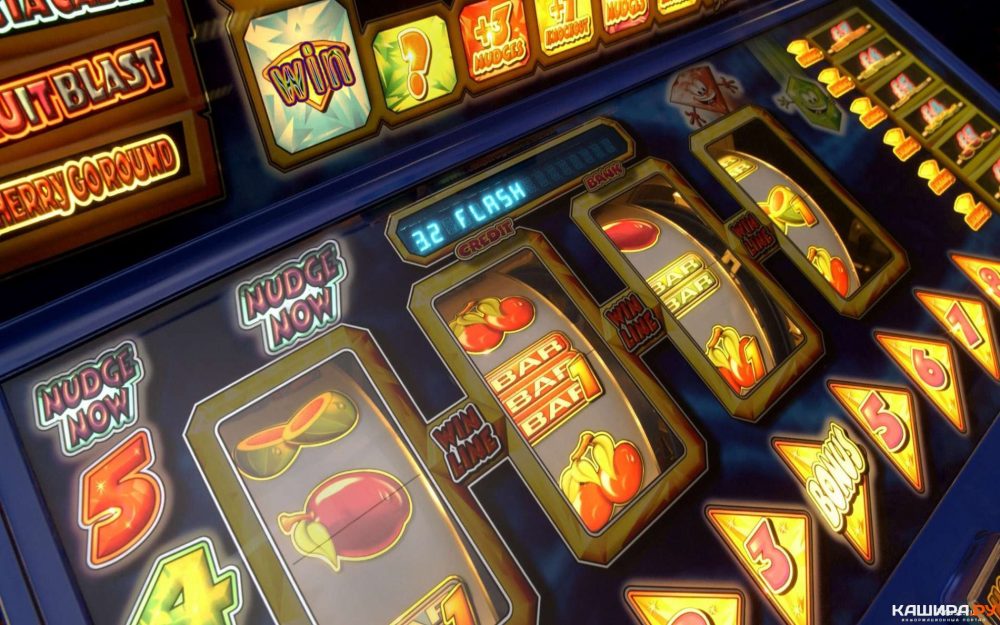
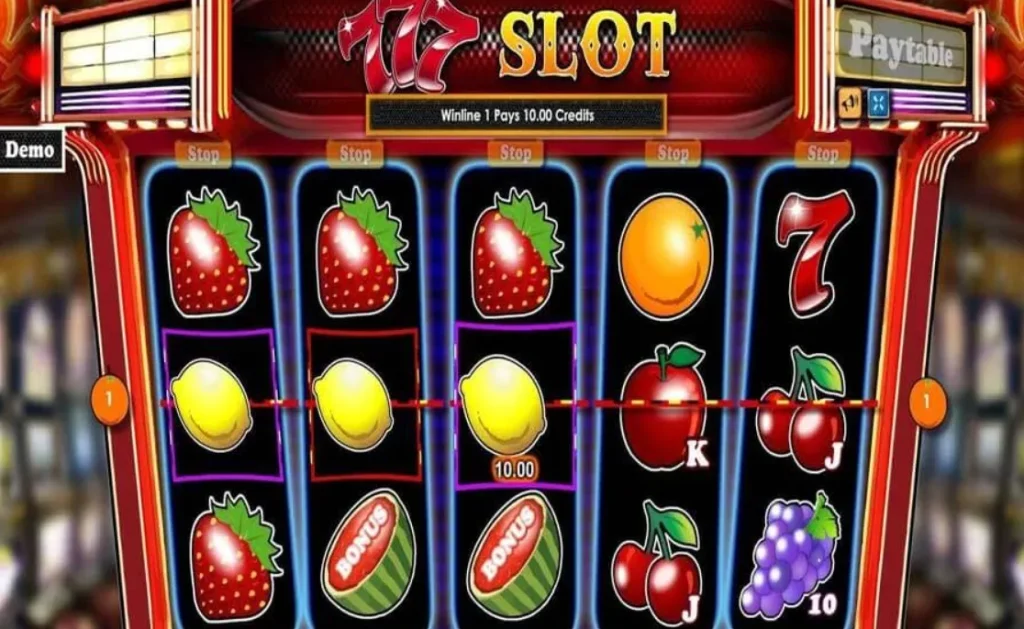 RTP is not the only indicator. Volatility shows the probability of winning per spin. Slots with high volatility are less frequent, but the payouts are usually larger. Games with low volatility, on the contrary, delight with winnings more often, but the amounts in such cases are modest.
RTP is not the only indicator. Volatility shows the probability of winning per spin. Slots with high volatility are less frequent, but the payouts are usually larger. Games with low volatility, on the contrary, delight with winnings more often, but the amounts in such cases are modest.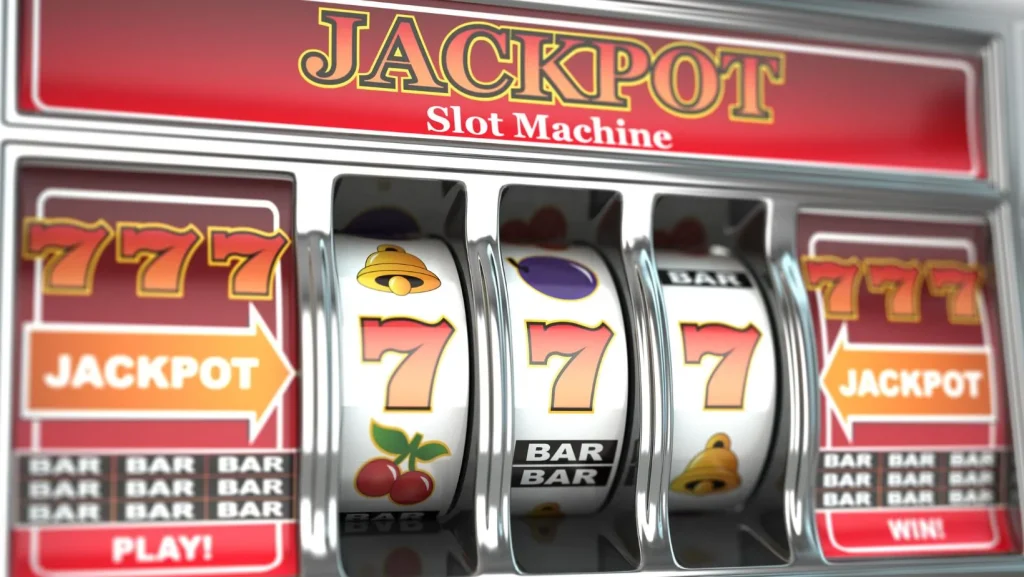 How to choose a slot for playing for money means using knowledge instead of relying on luck. A smart choice is not a matter of chance, but a result of analysis. RTP, volatility, mechanics, provider, and reviews — each parameter affects the likelihood of winning. The market is saturated with offers, and it is the depth of analysis that allows you to distinguish between chance and deception.
How to choose a slot for playing for money means using knowledge instead of relying on luck. A smart choice is not a matter of chance, but a result of analysis. RTP, volatility, mechanics, provider, and reviews — each parameter affects the likelihood of winning. The market is saturated with offers, and it is the depth of analysis that allows you to distinguish between chance and deception.
 In gambling, a document is not a formality, but an equivalent of insurance. A license is issued only after verification of legal and financial data. The process includes:
In gambling, a document is not a formality, but an equivalent of insurance. A license is issued only after verification of legal and financial data. The process includes: Legal gambling is based on transparency and control. Only certified online casinos provide security, fair conditions, and long-term data protection. The benefits of licensed online casinos shape an industry where reliability is more important than advertising, and reputation weighs more than a jackpot. Without a license, it’s just an illusion of gambling.
Legal gambling is based on transparency and control. Only certified online casinos provide security, fair conditions, and long-term data protection. The benefits of licensed online casinos shape an industry where reliability is more important than advertising, and reputation weighs more than a jackpot. Without a license, it’s just an illusion of gambling.